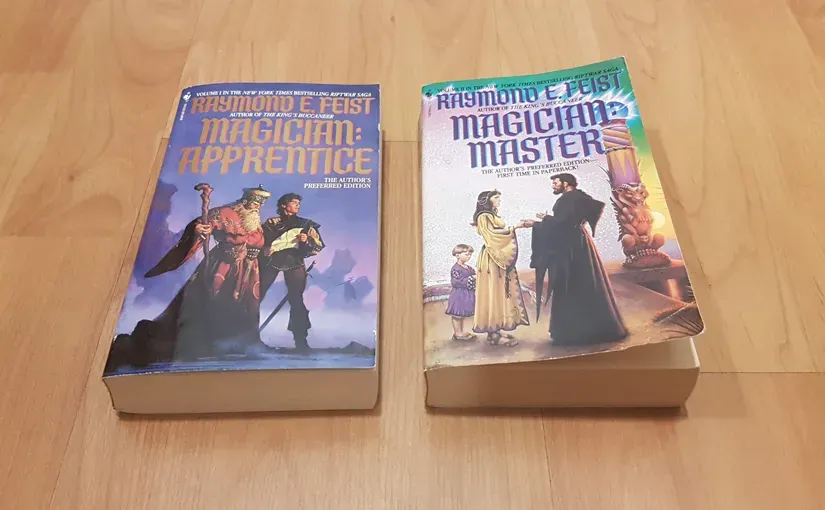The more I delve into the abyss that is trading, the less I can pull my mind back to other businesses that are fundamentally greater and noteworthy. The allure of the market dips poison into my veins, one drop at a time. I've lost myself, coming in and out of dozed states of nigh-awakening. In my sight, there are only greens and reds with multicolored lines laid over them—and nothing else. No horizon, no end, no escape, no life. And sometimes it's not even the monetary gain that captivates me—it's the dopamine hit a successful trade can cause, making me crave even more, like a junky. I don't have to be told this is not healthy. And since I'm aware of such undoing, may the one true personal god, which is me, help me.
However, I have not stopped reading, although the time I used to allocate to indulge myself with a daily dose of art has been reduced significantly. Perhaps I should have picked a heavier title with revolutionary ideas or remarks that would at least give me some satisfaction of a time well spent, but I couldn't break out of the flow.
The Riftwar Saga is by no means a title not worth reading, in truth, it has some characteristics I've not seen before and keeps up the atmosphere of novelty. At least to allow me to continue with it. At the same time, I feel a detachment from the story—as if I'm waiting by the fire to let the rabbit roast properly while listening to the fellow campmate babbling about random stuff.
The story begins in a castle in the medieval setting we commonly see in the fantasy genre. An orphan boy named Pug of the dukedom is found out to have hidden magical powers, with which he saves the princess with whom he had developed an infatuation. But unlike the traditional tale, this is the very beginning and it doesn't end in tears. On the contrary, the narrative survives the cliche pitfalls and sprouts new story routes that are enjoyable.
Some mysterious people are appearing in Pug's world, speaking bizarre languages, scared shitless of horses. We soon know they are not of this world, but of an alien world—traveled here via magically conjured rifts, huge opening in the fabric of the universe. In time those outworlders start to mobilize forces. Soon random scouts turn into a full-scale invasion while the inhabitants of this world defend their homeworld.
The series has four books, the first book has two parts called Magician: Apprentice and Magician: Master, I'm about 1/3rd of the second book and so far I've gathered the entire Riftwar saga is about the conflicts of these different worlds, both inhabited and dominated by humans of different origins. Perhaps once upon a time, their root was one and the same, but that is no more.
What I'm not enjoying are the subpar dialogues that try to be amusing but never manage to do so. I cringe at their sad state. And the invading nation has an uncanny resemblance with Japanese people. The author must have them in mind when he wrote their characteristics. For an American, that is probably alright, given their mutual history, but it feels unnecessarily boorishness to me. Like how in Hollywood action movies, the villain is always Russia.
But I'm going to continue the series, mostly to see how the author handles the worldbuilding of these two imaginary worlds and also to follow the journey of the deuteragonist of the series.

